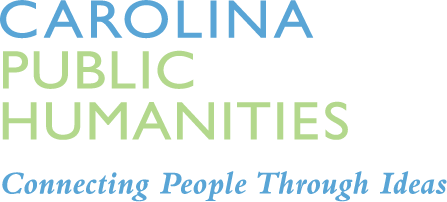Comparative Empires in the Pre-Modern World
IMPORTANT ANNOUNCEMENT–
Saturday’s seminar, Comparative Empires in the Pre-Modern World, has been cancelled/postponed. Please contact us at 919-962-1544, or at human@unc.edu for information on refunds or postponement dates. The Program offices will likely be closed until Monday, February 17.
February 15, 2014
What does “empire” mean and what are its common traits? To answer this question, we’ll travel back to some of its earliest manifestations in four different cultures, pre-Qin empires in China, the Roman empire, the empire of Mali in West Africa, and Mughal India. We’ll learn about the multi-ethnic nature of empire and how pre-modern peoples went about organizing conquered territory for efficient rule. Participants will enjoy discussions of how the Chinese envisioned their polity during the chaotic period of the Zhou dynasty, how Rome managed to hold together its conquests for a thousand years, how the emperors of Mali managed to acquire massive wealth and its effect on their rule, and finally how the Mughal emperors installed and preserved the longest-lasting and largest empire in Indian history. This seminar is a must for anyone contemplating the origins and meaning of imperialism in human society.
Topics & Speakers
Ideology of Empire in Pre-Qin China
Uffe Bergeton, Assistant Professor of Asian Studies
Sparing the Vanquished and Crushing the Proud: Rome’s Imperial Mission
Richard J.A. Talbert, William Rand Kenan, Jr., Professor of Ancient History and Classics
Ancient Mali: Empire of Gold
Lisa A. Lindsay, Associate Professor of History
The Mughal Empire
Emma Jane Flatt, Assistant Professor of History
The Meaning of “Empire”
A panel discussion with our speakers
Time & Cost
9:30 a.m.- 4:30 p.m. Saturday, February 15, 2014. The tuition is $125 ($110 by February 5). Tuition for teachers is $62.50 ($55 by February 5). 10 contact hours for 1 unit of renewal credit. The optional lunch is $15.00.
For information about lodging click here.
Co-Sponsored by the General Alumni Association.
For information about GAA discounts and other scholarships available to Humanities Program participants, click here.
